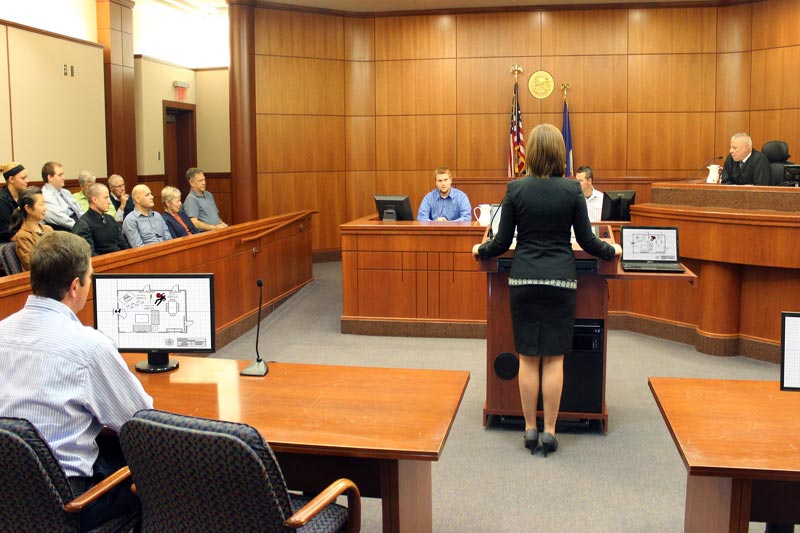Category: Criminal Law
What Happens When You Breach A VRO?

Violence restraining orders, or VROs, are one of the most common legal issues dealt with by criminal lawyers and legal advisors in Australia. VROs may be imposed by a legal authority, and they put restrictions on where a person bound by the order can go and what they can do. Advice out today says that a VRO will prevent an offender from coming into contact with the person or people who have taken the order out against them. In come cases, they may also be prevented from going to certain places to reduce the risk of contact.
Are Violence Restraining Orders The Same As Criminal Charges?
To put it simply, no, a VRO is not a criminal charge. It won’t go on your criminal record, and won’t leave a permanent black mark against your name. However, breaching a VRO is a severe offence, and will result in a criminal record. The penalties for breaching a VRO can be significant, and include up to $6000 fine and two years imprisonment. Other penalties can be imposed by a court, and repeat offenders can face larger fines or longer prison sentences.
Read FullThe Ten Commandments (of Cross) – Are They Still Good In Criminal Cases?

Famed prosecutor, criminal lawyer attorney, civil litigator and judge Irving Younger is well known for his “Ten Commandments of Cross Examination”. Lauded as some of the best advice ever for trial lawyers, are these rules to live by still valid for today’s modern courtroom?
Let’s take a look:
- Commandment 1: Be brief. Jurors are notoriously “short-memoried” and to have an impactful cross examination the jurors must remember the questions asked. Imagine the juror as a “cup” with a limited capacity to remember, if you overfill it, the juror will not remember whatever had drained down the side and spilled on the counter. Keep cross brief and impactful.
- Commandment 2: Short and Plain. In other words, jurors respond to short questions and simple language, lawyers do themselves no good using $64 words in long paragraphs. Talk like a real person and “real” people will understand you. The lawyer wants to convey that he may be an attorney, but deep down he’s the same as the juror, just a regular person.
- Commandment 3: Lead me, period. Lawyers should only ask leading questions on cross, they should try to put words into the witness’s mouth, to essentially testify for them. Never let the answer to one of your questions be anything more than “yes” or “no”.